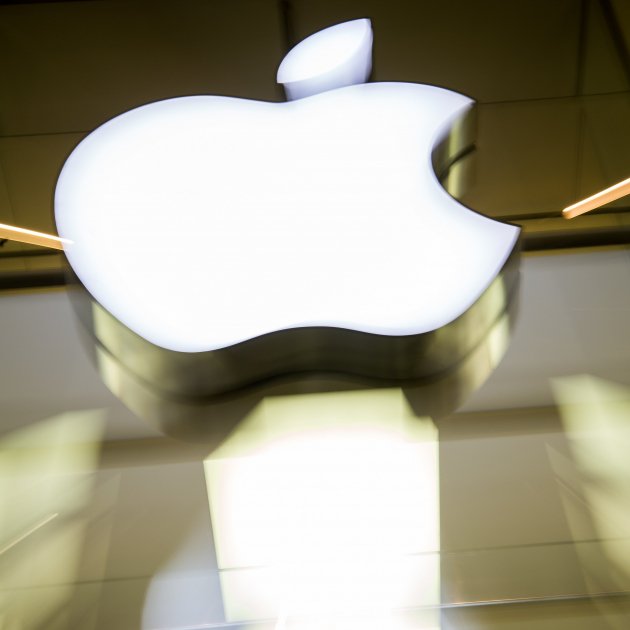Since 2006, every edition of the Mobile World Congress has pursued the hope of having Apple as one of its most important brands. But it has never happened, except in the most residual of ways. Apple only stuck its head out at MWC in Barcelona in 2016 and 2017, with some stands focusing on apps at which the famous logo could barely even be distinguished. And the thing is, now that this great telecommunications trade fair has reached a clear maturity, it no longer chases the technology firms, having reoriented itself more towards their content.
A philosophical MWC
That is, if you are expecting to see wacky robots, 3-D glasses and new virtuoso phones, you will find them, but relatively de-emphasised. In the build-up to this MWC that opened its doors this morning in Barcelona, the major focus has been on the 'how', instead of the 'what'. At the MWC, at the moment, it is more interesting to debate when 5G will take effect and if we can already venture to talk about 6G; or what sense will the metaverse have in our identity wherever we go; or how to manage data; and what approach we will need to to take to avoid a world increasingly full of cyberattacks.
For this reason, without underestimating Apple, those who are present as rivals in this edition - Nokia, Xiaomi, Samsung, among many others - will not be fighting to prove whose latest model is the most original of all, but rather, what stance they are taking towards an industry which is in full reappraisal, from its digital side to its business model. As an example, the employee layoffs that have taken place in all of the major players, such as the 1,400 redundancies that Ericsson plans to make at its headquarters in Sweden, show that they are in a deep review of their sustainability and business solvency.
And on that note, back to Apple: it's virtually impossible that we'll ever see the company based in Cupertino, California again at Barcelona's 'Mobile' or at any conference that it doesn't dominate itself from start to finish. Everything Apple has to say derives, in recent times, from its own Worldwide Developers Conference (WWDC) which is held online and free of charge for all developers. Following the success of virtual events in recent years, WWDC is dedicated to highlighting the latest innovations in iOS, iPadOS, macOS, watchOS and tvOS, and connecting developers with Apple engineers and technologies so they can continue to revolutionize the world of apps and interactive experiences. "The goal of WWDC has always been to provide a meeting place to socialize and feel part of a community," said Susan Prescott, vice president of Global Developer Relations and Marketing for Enterprise and Education at Apple, in a recent release from the company.
Conventions with a specific audience
At the end of the day, this model should not surprise us. Apple goes its own way and has been playing in its own league for so long: from the OS itself, the way its software and navigation are conceived, to its divergence from Office systems when working with a simple Word or Excel. And if someone accuses it of being too closed, the US giant responds with new proposals that seduce only that profile of public that it does not want to lose. A practical example is the challenge it offers to programming students with the Swift Student Challenge. Swift Playgrounds is a revolutionary app for iPad and Mac that teaches Swift programming and offers the opportunity to create an app project in Swift Playgrounds of your choice and submit your creations to enter a contest.
A MWC without Chinese dominance?
In parallel with its own path, the MWC is also looking for the reorientation of its most important partners. This year, the international press in the sector, especially that of Asia, puts the emphasis on the expectation of a trade fair that will address the theoretical questions - perhaps even the philosophical ones - but at which, as well, the Chinese presence goes in parallel with that of other proposals, equally attractive, from other places. So, apart from seeing the Apple route as a dead end, what is being sought is greater plurality than the last few editions. It's a line that is supported by accredited media such as the Times of India or Business Insider.
